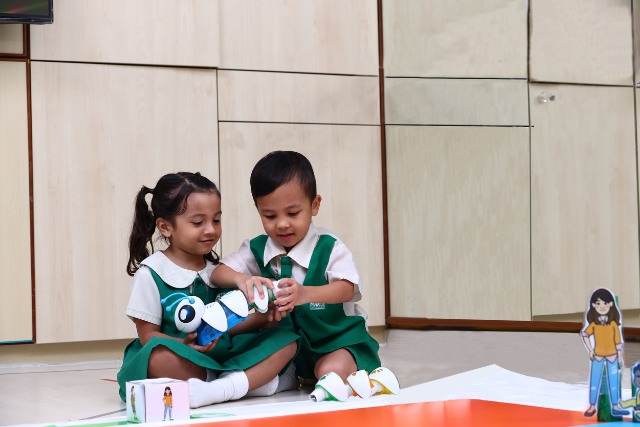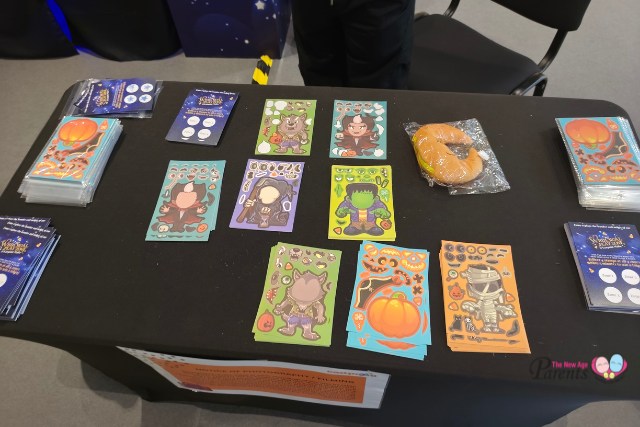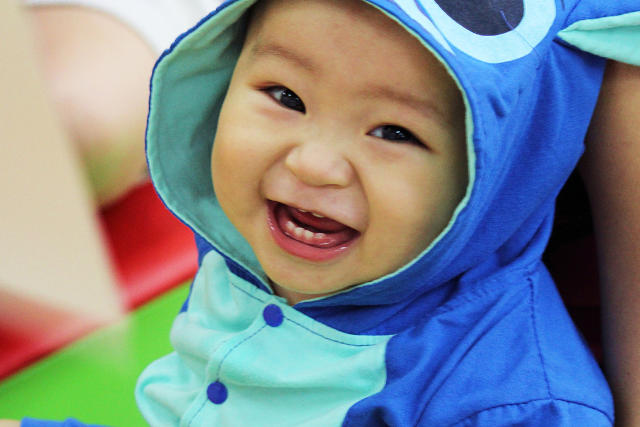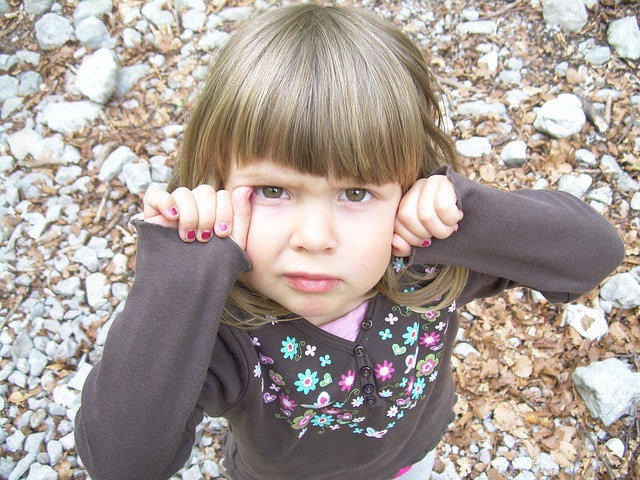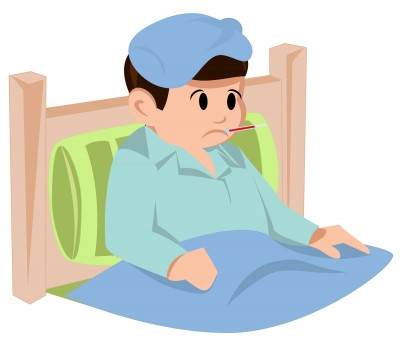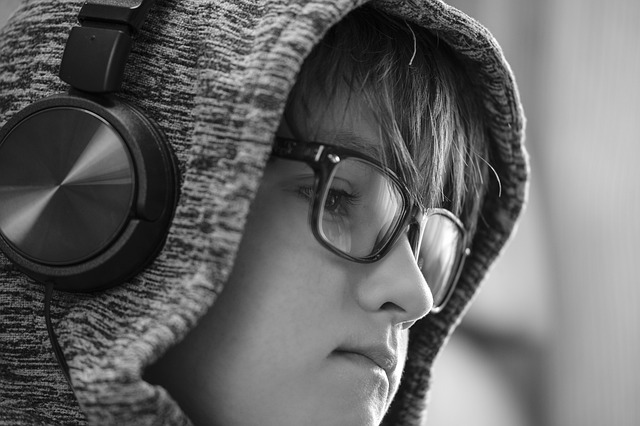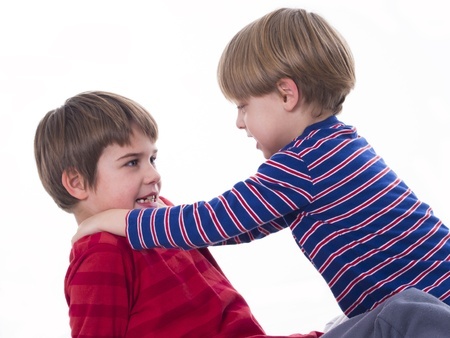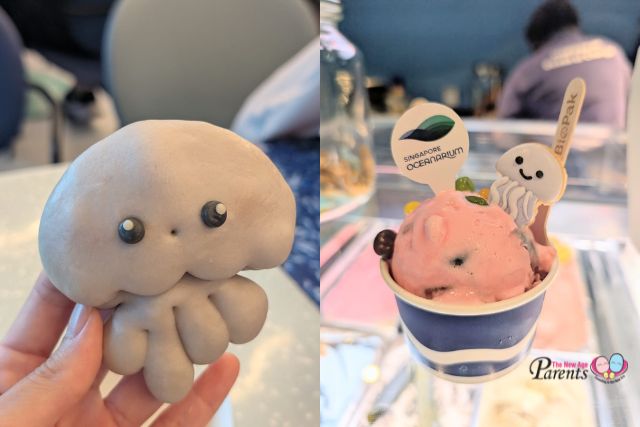“Sticks and stones may break my bones, but words can never hurt me. Unless they come from the mouths of children – my children, that is.”
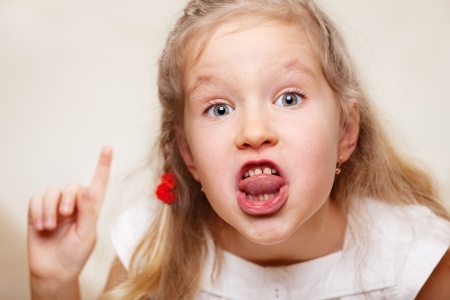
It can be a shocking episode when your little sweet and innocent child starts to curse. You may feel angry and jump to discipline him or her immediately. Or you may feel like a failed parent who have not protected or taught your child well at home.
Why Children Curse?
As our children grow up, they learn the power of language from various sources – from home, the television, movies, the songs they listen to, the cartoons that they watch, their peers at school or even the books they may be exposed to. Many of the cartoons, television programmes, movies or songs they listen to may contain language that we wouldn’t want our children using, if not outright curse words. This is yet another reason why it’s important to monitor the things our children watch and listen.
Younger Children
Some younger children may take on the language when they are exposed to them unknowingly. They may really be learning to talk and are unaware that those words are bad. Perhaps he or she heard the word somewhere and has no idea what he or she is saying. So scolding them when they use it may be ineffective as they would be confused why their peers could use them and not them. Other children may use it as a ploy to get your attention at home.
Regardless of the reason for the use of the swear words, do not laugh at them or with them. Although it may sound funny hearing them using those words, smiling or laughing will only encourage them to use the words more. Some experienced parents would advice to ignore it if this is the first time you are hearing your child curse. He or she may just be repeating a new word by accident and paying no attention may just help the usage of the word to disappear. Reacting to the use of the word may cause him or her to use it even more, and to repeat it. However, you can also try to ask him or her if he knows what the word means. And let him or her know that you don’t use that word in your family.
Older Children
Some children who has a more developed language skill, may just require a simple explanation of the word that was used and why it is not wise to be using it. Whereas older children who knows that swear words are bad and still use them, may think that using those words will make them look cooler before their peers. These older children who continues to use them will require disciplining from their parents. Depending on their age and the circumstances, time out, suspension of certain privileges or grounding may be appropriate.
Some of these children may be “encouraged” to use the swear words as they hear and see their parents or relatives using them often at home or even just over the phone or during their drive home. It is important as parents to cultivate a good habit to use only proper language at home, whenever we are with our children. Our children learn and mirror our behaviours.
What To Do When Your Child Uses A Swear Word
1. Respond and not react to your child
You can ask your child where he or she has learnt it from and if he or she knows what it means. Try your best to listen attentively and not get angry over the use of the word. Take this opportunity to educate your child on why the usage of the word is bad, and how it will hurt the other party. Let them know how it feels for the opposite party if they have use it on them. We could also use that opportunity to let our child know that we do not encourage him or her from using it whether at home or in school.
2. Do not laugh
As much as your little sweet and innocent child may seem funny cursing and using the word before you, do not laugh. Laughing will only encourage them to repeat the word and to use it to get your attention. Cursing can get our children into big trouble if they are not educated properly when they go to school. It is important that parents take the opportunity to educate them before they have to face the consequences at school later on.
3. Avoid confronting your child about the cursing when he’s angry
Just as it would make an angry adult fired up if he or she is confronted over the usage of his words when he is angry, our child may not be receptive to listen to you if you approach him about the cursing when he is angry. Timing is important when we approach our children to correct them of their behaviour, or in this case, the use of their language.
4. Watch your language a little more
When we hear that our child using the swear words at home or in school, it is important for us as parents to pause and reflect if we do use them consciously or unconsciously. Our children pick up habits that they observed at home quickly. When we do slip and say a curse word, apologize and try not to use it again. Doing so will set a good example for your child.
5. Offer more acceptable alternatives to swearing
After letting our child know that he or she is not to use the offensive word, we could introduce other more acceptable alternatives to help them express their anger or disappointment should they need to express their emotions. Let them know that there are plenty of words in the English language that are not offensive. And are also able to help them express what they need to express effectively.
By Yvonne Chee.
If you find this article useful, do click Like and Share at the bottom of the post, thank you.
Like what you see here? Get parenting tips and stories straight to your inbox! Join our mailing list here.













